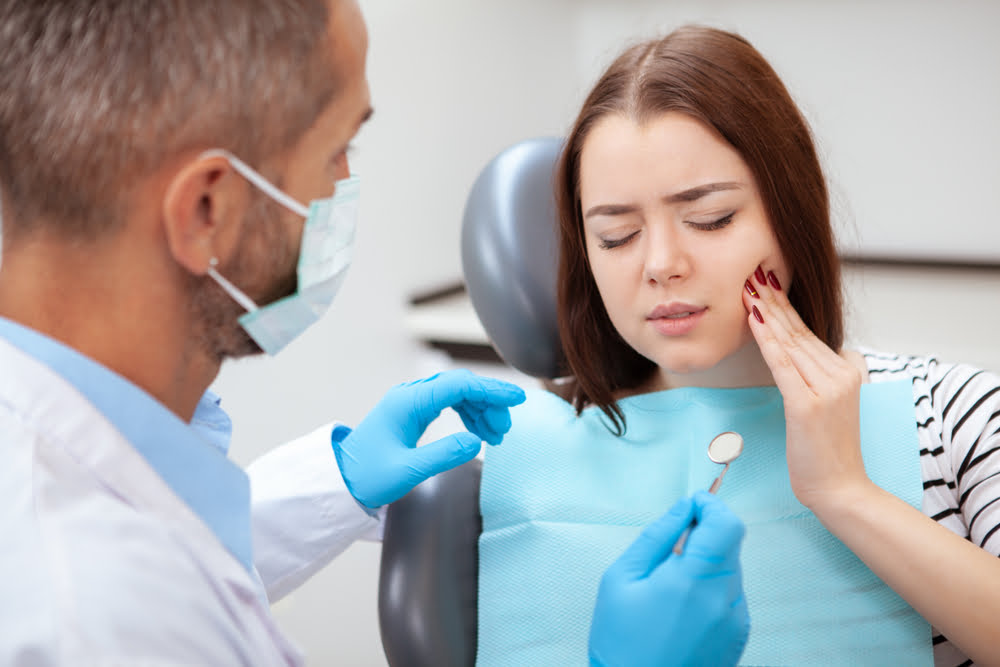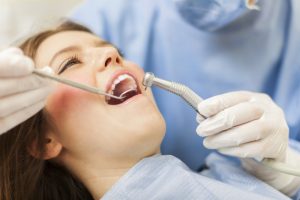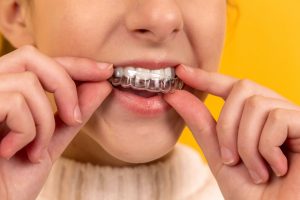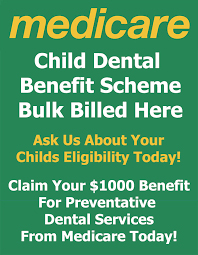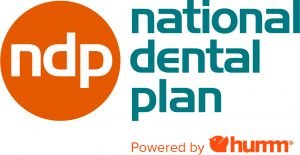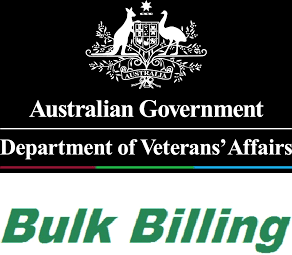A dental emergency is a problem with the teeth or gums that requires immediate attention from a qualified practitioner. The very first step you need to do if you have a dental emergency is to call your dentist. Ignoring a dental emergency can escalate to even more problems, such as infection growth, tooth movement, and sometimes even tooth loss.
This article describes some typical dental emergencies. It is recommended to see your local Canberra dentist as soon as possible to avoid permanent tooth damage.
Common Dental Emergencies and How to Handle Them
A. Toothache and Swelling
Toothache can arise for a variety of reasons. It can be minor at times, but it can sometimes be intense and unbearable. Often it occurs continually throughout the day, and other times it only strikes for a few hours. You can book an appointment with your dentist to check the reason; however, toothache is not an emergency situation, unless it’s very severe.
Toothache that is accompanied by swelling is cause for concern and must be treated right away. You should make an appointment with your dentist as soon as possible.
1. Possible causes and symptoms
Toothache and swelling can be caused by a variety of factors, including decayed teeth, infected dental roots, gum disease, an impacted tooth, a broken down or cracked tooth, a fractured filling, an abscess, and trauma to the tooth or supporting tissues.
2. Immediate actions to take
If you develop a fever, redness, and swelling, as well as difficulty breathing, you should see a doctor as soon as possible. Alternatively, see your dentist and obtain the necessary therapy, where the source of the pain and swelling is treated. There might be a need to drain your pus.
3. Follow-up dental care
Following the procedure, your dentist will tell you to gargle with saline water, use ice pack on your face, avoid smoking and drinking, consume soft foods, and maintain proper oral hygiene.
B. Broken or Knocked-Out Teeth
If you lose a tooth or a part of a tooth as a result of an accident or injury, it does not necessarily imply it is gone forever. Taking the appropriate measures and receiving excellent emergency care may preserve the tooth, allowing it to be properly restored to survive for many years to come.
1. Possible causes and symptoms
A damaged tooth structure, a root canal treated tooth without a prosthetic crown, biting on anything hard, teeth grinding, and large fillings can all cause a tooth to shatter. Tooth loss can occur as a result of a fall, a car accident, sports, or an assault.
2. Immediate actions to take
If your tooth is fractured, take the fractured part to your dentist; he may reattach the fragment or place a filling. However, if your tooth is knocked out, it is an emergency. Wash the tooth with running water alone, reinsert it if possible, and gently bite on it before visiting the dentist. If you are unable to place it yourself, visit your dentist. You have 30 minutes to get to your dentist. Find your knocked-out tooth and grasp it by the white part rather than the root. Wash it and Place it in your mouth between your lower teeth and cheek area, or in a cup of water.
3. Follow-up dental care
When the tooth is re-implanted, your dentist will advise you not to eat on the affected side, to eat only soft foods, to use warm water saline rinses, and to brush your teeth delicately after meals. There will be no smoking or drinking. They provide you with some medications that you must take on a regular basis.
C. Lost or Broken Fillings or Crowns
Old dental restorations can sometimes fall off or become dislodged. If a filling, bridge, or crown is fractured or missing. Consult with your dentist as soon as feasible.
1. Possible causes and symptoms
Fillings can be lost or broken down due to aggressive flossing, over biting, biting on hard substance, tartar buildup, or grinding of teeth, or they can be too old to handle pressures. A crown can come loose because of improper cementation in your mouth, improper crown preparation, eating sticky foods, or eating hard meals.
2. Immediate actions to take
Do not consume or chew any tough food substances on the affected side since the prepared tooth is very weak and can fracture easily.
If you lose your crown, don’t panic and don’t reinsert it because it will loosen when you’re eating and you might ingest it, causing serious complications. Simply remove it and store it safely and bring it to your dentist.
3. Follow-up dental care
You must continue to care for and maintain your teeth and gums now that you have a newly restored dental filling or crown. Frequent dental visits are essential. It is advised for some to not chew on the affected side for 20 minutes.
How to Find an Emergency Dental Care Provider
Looking for Emergency Dental Treatment in Your Area? First, contact your usual dentist. They might be available to see you if it’s within normal business hours. Outside of typical business hours, use search engines on the internet to locate urgent care centres. You can also ask for recommendations from relatives and close friends
What to Expect During an Emergency Dental Visit
When you see an emergency dentist, you may expect them to slot you in as quickly as possible, do an emergency dental checkup after delivering local anaesthesia, or sedation. Regardless of whether you are experiencing pain, local anaesthetics will probably be used. After that they examine, they will give you treatment options, treat the affected area and post op care.
Tips for Preventing Dental Emergencies
· You should schedule regular visits to your dentist to get yourself checked, get scaling done, cavities filled. To prevent future decay your dentist might give you fluoride treatment.
· Notice any dental pain or changes to your teeth, or your gums
· Maintain good oral hygiene.
· Limit the amount of sugar intake.
· Avoid frequent snacking between meals
· Wear protective equipment when playing sport
Conclusions
A dental emergency would be any damage to your mouth which provokes uncontained loss of blood, extreme pain or fractured facial bones. If ignored, a dental emergency can escalate to significant problems, such as the development of an infection, tooth movement and sometimes even tooth loss. If you’re undergoing a dental emergency, the very first thing you must do is call your dentist. You should always keep in check the emergency dental care providers in your area if your dentist is not available.

